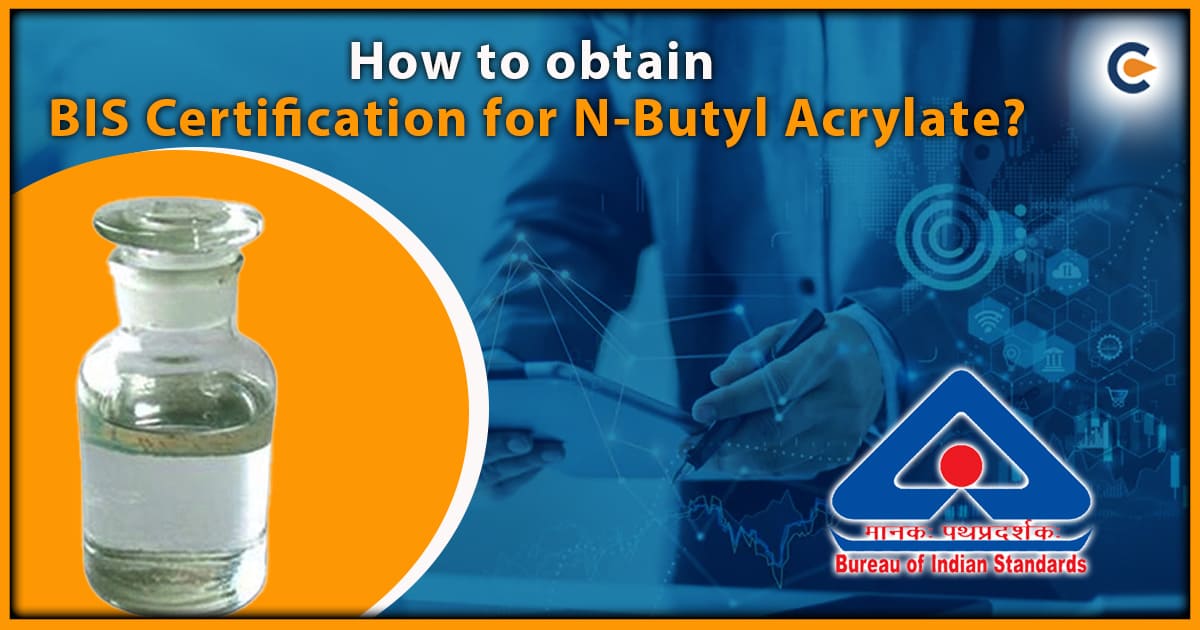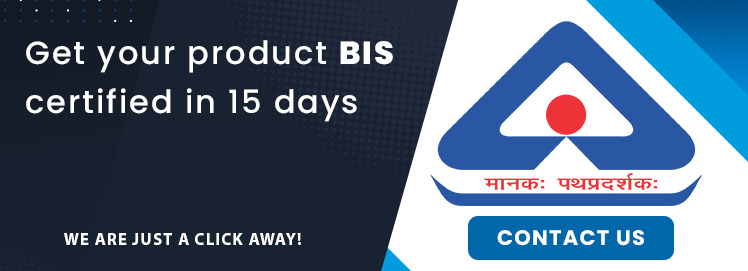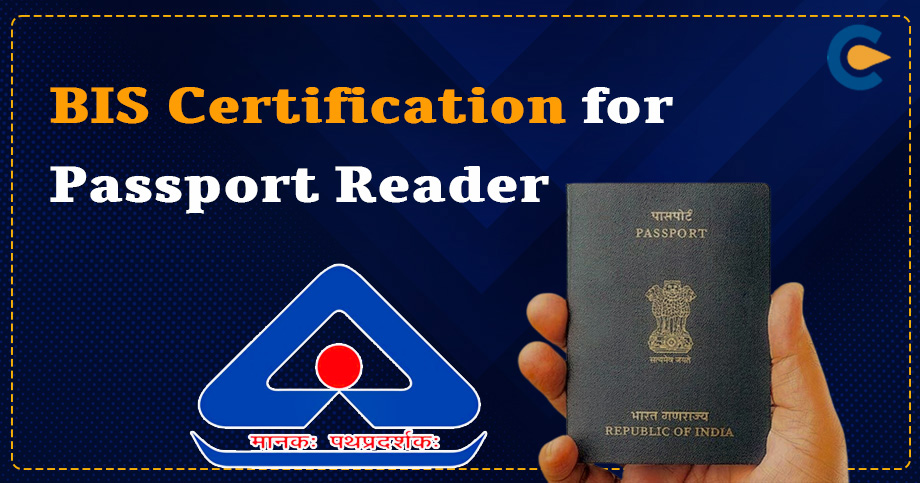N-Butyl Acrylate is a chemical compound that is widely used in the production of various polymers and resins. It is a clear, colorless liquid with a mild odor and is highly flammable. Its versatility is evident in its use as a raw material in the manufacturing of adhesives, coatings, paints, and textiles. It is also used in the production of plastics, paper, and leather. N-Butyl Acrylate is renowned for its excellent adhesive properties, making it a popular choice for pressure-sensitive adhesives. Additionally, it is used in the production of emulsion polymers that are utilized in various industrial applications. Unlike other popular chemical compounds, N-Butyl Acrylate falls under the Conformity Assessment Scheme of BIS. What this means from a manufacturer’s standout is that these products cannot undergo production without BIS registration. The ways these products should be manufactured and tested are covered under the Indian Standard called IS14709:1999. Scroll down to check the process to get BIS Certification for N-Butyl Acrylate.
Understanding Notable Guidelines under IS14709:1999
IS14709:1999 pertains to the specifications of n-Butyl Acrylate. This standard outlines the requirements, as well as the sampling and testing methods, for n-butyl acrylate.
To comply with the standard, n-butyl acrylate must meet the specified requirements when tested using the prescribed method. The esterification process involving acrylic acid or acrylonitrile leads to the production of n-butyl acrylate.
N-Butyl acrylate finds applications across various industries. It is commonly used in BOPP tape adhesives and pressure-sensitive adhesives. Additionally, it plays a role in the production of point emulsions, textile binders, auxiliaries, leather binders, construction chemicals, and paper coatings.
Several tests must be conducted in accordance with the prescribed method, including Assay, Acidity, Colour, Water content percentage by mass, and examination of Inhibitors.
Mandatory Packing and Marking Norms for n-Butyl acrylate
For packing and marking, adherence to IS 14709:1999 guidelines is essential. The material should be appropriately packaged as mutually agreed upon by the purchaser and the supplier. Each container must be labeled with the information specified in the standard.
The use of the Standard Mark (ISI Mark) on the product’s container is permitted if the material meets all the specified requirements. Manufacturers must acquire a BIS license from the Bureau of Indian Standards to utilize the standard mark (ISI Mark).
The BIS grants this license based on the successful evaluation of the manufacturing infrastructure, quality control, testing protocols, and production processes.
A Closer look at the Documents Requirements for BIS Approval
Manufacturers seeking BIS Certification for N-Butyl Acrylate must arrange the following paperwork. Please note that the paperwork requirement for BIS[1] approval shall vary product-wise.
- Test report from an accredited lab
- A copy of the manufacturing license
- A copy of the ISO 9001 certificate, if available
- A copy of the trademark registration certificate, if available
- A copy of the purchase order for the raw materials
- A copy of the sales invoice for the finished product
- Business registration document such as an incorporation certificate
- Manufacturing premise documents
- Testing facility information including equipment available, calibration report.
- Pollution NOC
- Factory license
- Environmental clearance, if applicable
It is vital to ensure that all the paperwork is accurate and complete before submitting the application for BIS Certification. Incomplete or incorrect dossiers can cause delays in the certification process. Henceforth, manufacturers must pay attention to detail and ensure that all required dossiers are in order.
Process of Securing BIS Certification for N-Butyl Acrylate
Securing BIS Certification for N-Butyl Acrylate involves a detailed process that comprises several steps. These steps include:
- Application: The manufacturer submits an application for BIS Certification and provides the necessary paperwork, including a test report from an accredited laboratory, a copy of the manufacturing license, a copy of the ISO 9001 certificate, a copy of the trademark registration certificate, a copy of the purchase order for the raw materials, and a copy of the sales invoice for the finished product.
- Testing: An accredited laboratory conducts tests on the N-Butyl Acrylate sample to ensure that it meets the required quality standards. The tests verify the chemical composition, purity, and other relevant parameters.
- Factory Inspection: A BIS inspector visits the manufacturing facility to ensure that the production process complies with the relevant standards. The inspector checks for compliance with safety, environmental, and quality standards.
- Grant of License: If the sample passes the quality tests and the manufacturing facility meets the required standards, BIS grants a license for the production and sale of N-Butyl Acrylate. The license is valid for two years and can be renewed upon expiry.
- Surveillance: BIS conducts regular surveillance visits to ensure that the manufacturer continues to meet the required quality standards. The surveillance visits may include quality tests, factory inspections, and other checks.
It is important to note that obtaining BIS Certification is mandatory for manufacturers who wish to sell N-Butyl Acrylate in the Indian market. The certification process can take several weeks or even months, depending on the completeness and accuracy of the paperwork and the results of the quality tests and factory inspection.
Conclusion
Manufacturers can greatly benefit from seeking the services of a professional firm like Corpbiz to obtain BIS Certification for N-Butyl Acrylate. Corpbiz have a team of experts who can provide guidance throughout the certification process, save time, ensure accuracy and cost-effectiveness, and provide peace of mind. This can help manufacturers focus on their core business operations and avoid unnecessary stress.
Read Our Article: How To Get BIS Certification For Synthetic Microfibres?













